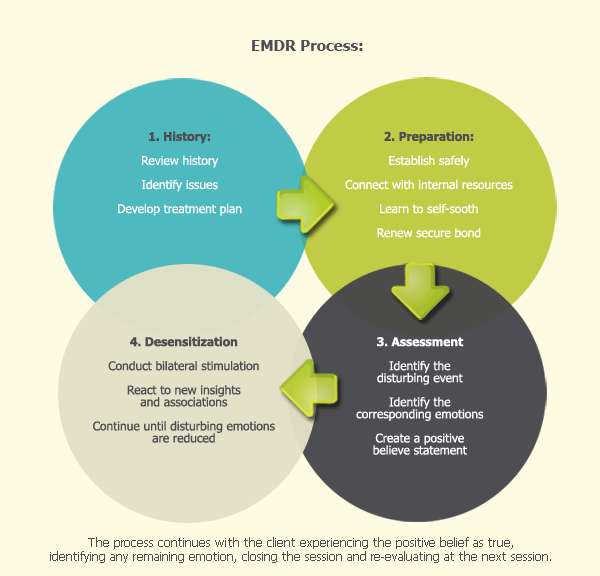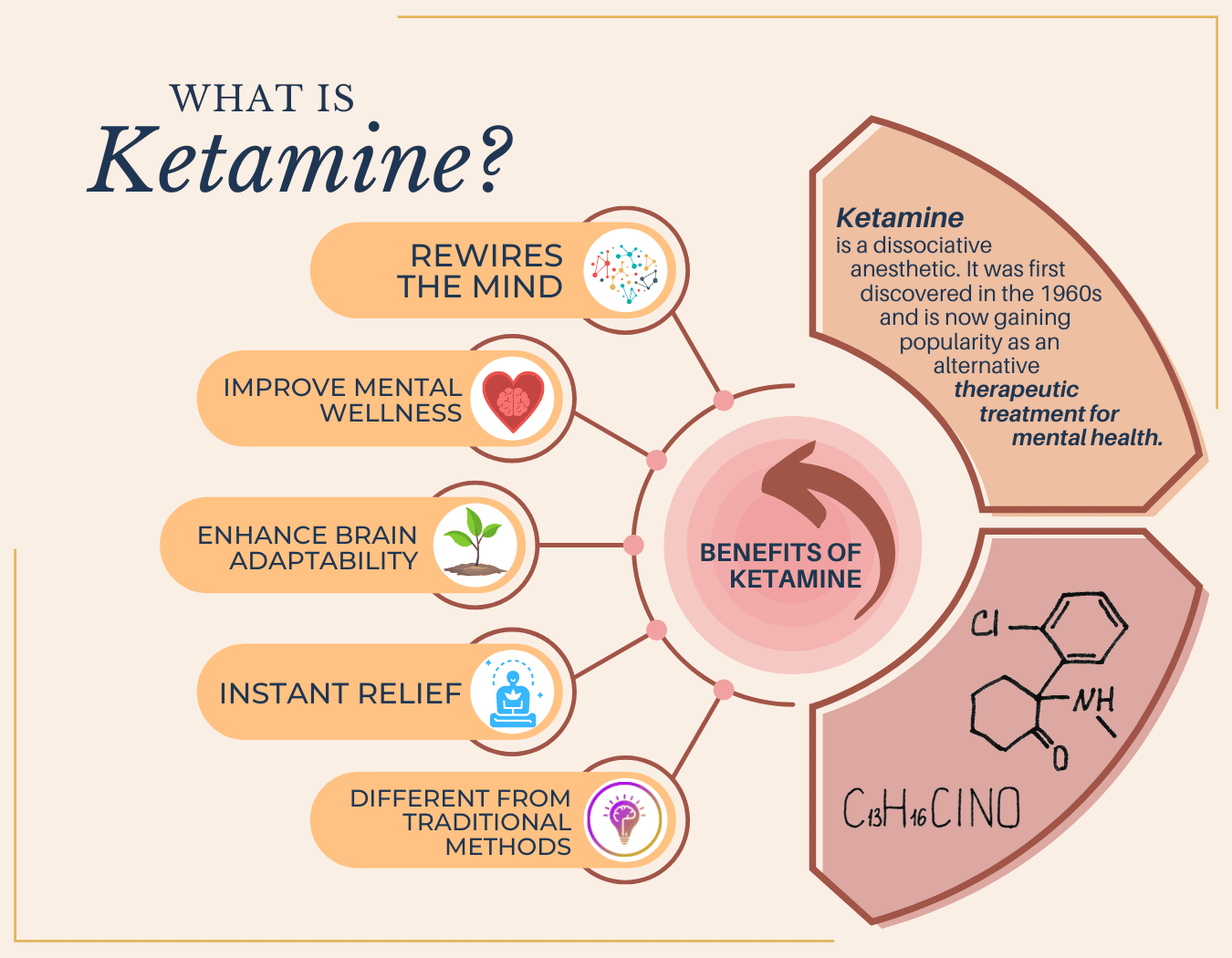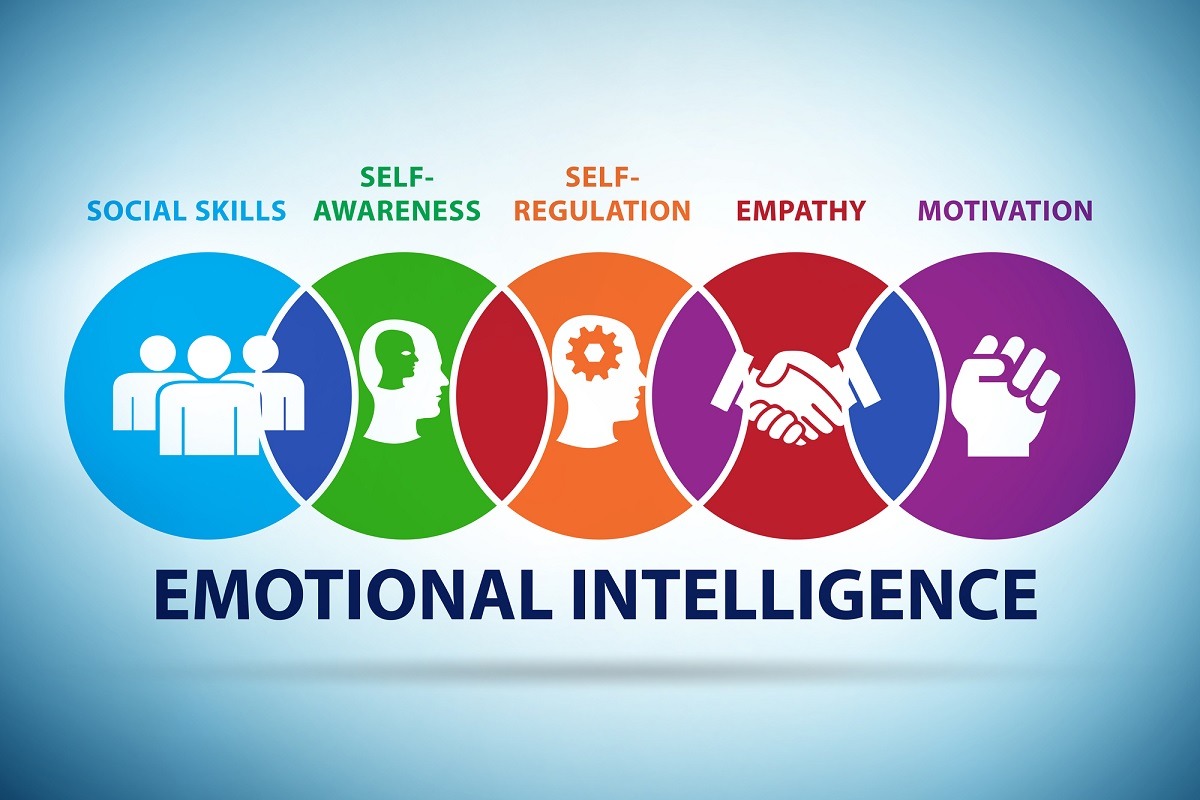The Importance of Emotional Intelligence in Healthcare Worker Support
Cultivating empathy and understanding to better support healthcare workers in distress.
The demanding and high-stress environment that healthcare workers operate in can leave them susceptible to emotional exhaustion, compassion fatigue, PTSD, and anxiety. One vital aspect of supporting these professionals involves fostering a work culture that encourages emotional intelligence (EI). This critical element often falls by the wayside in favor of more technical skills, yet its impact on the quality of care, team dynamics, and overall well-being of healthcare workers cannot be overstated.
Emotional Intelligence: A Key Component in Healthcare Support
Emotional intelligence involves recognizing, understanding, and managing emotions, both in oneself and others. In healthcare settings, where emotions run high and effective communication is paramount, emotional intelligence can prove vital. By cultivating emotional intelligence, healthcare workers can better empathize with patients, communicate with their team, and navigate the challenging emotional landscape they often face. High emotional intelligence leads to improved communication, empathy, and interpersonal relationships among healthcare professionals, ultimately enhancing patient care and workplace harmony.
Navigating Stress, Burnout, and Compassion Fatigue with EI
Healthcare work is inherently stressful, with workers consistently facing high-stakes decisions, long hours, and emotionally challenging situations. This intensity can lead to burnout, compassion fatigue, and even PTSD or anxiety. High emotional intelligence can provide the necessary tools to navigate this challenging landscape more effectively. By recognizing their emotional responses, understanding their triggers, and learning how to manage their reactions, healthcare workers can better cope with stress, mitigate burnout, and prevent compassion fatigue. The ripple effect of this improved coping mechanism can enhance their mental health, job satisfaction, and the quality of care they provide to patients.
Developeing Emotional Intelegence Skills
Skills like active listening, empathy, self-awareness, and emotional regulation are integral to emotional intelligence. By fostering these skills, healthcare professionals can better navigate challenging situations, offer support to colleagues in distress, and contribute to a positive work environment. For instance, active listening can help a healthcare worker understand a patient's concerns better, while empathy can help them respond to the emotional needs of a patient or colleague. Similarly, self-awareness can lead to better stress management, while emotional regulation can prevent knee-jerk reactions in stressful situations
Emotional Intelligence Training Programs
Given the importance of emotional intelligence in healthcare, training programs that foster these skills are invaluable. Workshops, seminars, or online courses can effectively improve healthcare workers' emotional intelligence skills, leading to better teamwork, communication, and overall well-being. For instance, a workshop might involve role-playing exercises to practice active listening and empathy or mindfulness activities to enhance self-awareness and emotional regulation.
Creating a Supportive Environment with EI
Cultivating empathy and understanding in the workplace can significantly impact the emotional well-being of healthcare workers. When healthcare workers feel valued, respected, and emotionally secure, they are more likely to experience job satisfaction, less likely to experience burnout, and better equipped to provide quality patient care. Emotional intelligence plays a crucial role in creating this supportive environment, fostering a culture of compassion and understanding that can buffer the stressful realities of healthcare work.
Prioritizing in Conjunction with Innovative Treatments
Just as we prioritize technical skills and knowledge in healthcare, we should also prioritize emotional intelligence. By doing so, we can cultivate a more resilient, mentally healthy workforce capable of offering high-quality patient care. Alongside emotional intelligence, it's also essential to highlight innovative treatments for healthcare professionals experiencing PTSD or anxiety
Two such treatments are Ketamine-Assisted Therapy and Eye Movement Desensitization and Reprocessing (EMDR). Both therapies have shown promise in treating PTSD and anxiety. Ketamine-Assisted Therapy involves administering low doses of ketamine to patients in a controlled setting, enhancing the therapeutic process and often leading to rapid symptom improvement. On the other hand, EMDR is a form of psychotherapy that helps individuals process traumatic memories, thereby reducing their long-term impact. These therapies, combined with a supportive, emotionally intelligent work environment, can revolutionize the way we support our healthcare workers.


About the Author

Melissa Thomas is a veteran and accomplished ER nurse and trauma program manager with over 22 years of experience. She is a certified emergency nurse as well as certified in emergency pediatrics and trauma nursing care. She is passionate about delivering excellent patient care and education. Her diverse nursing experience, strong leadership skills, and dedication to continuous improvement help me provide you with current, updated health-related topics. Melissa is a freelance writer specializing in health and wellness. She is adept at crafting and curating content for a variety of healthcare companies. In addition, she authors continuing education modules for other healthcare businesses and professionals.
In conclusion, emotional intelligence plays a crucial role in supporting healthcare workers and their mental health. By recognizing its importance and actively working to foster emotional intelligence skills, we can improve the healthcare work environment, better support our healthcare workers, and ultimately enhance patient care. We can and should continue to explore innovative treatment options like Ketamine-Assisted Therapy and EMDR to further support the mental well-being of these invaluable professionals.


Post a comment